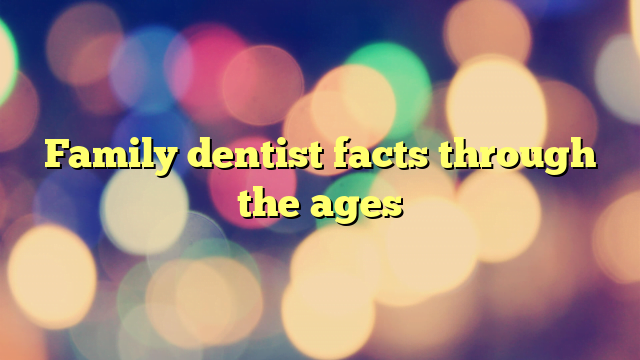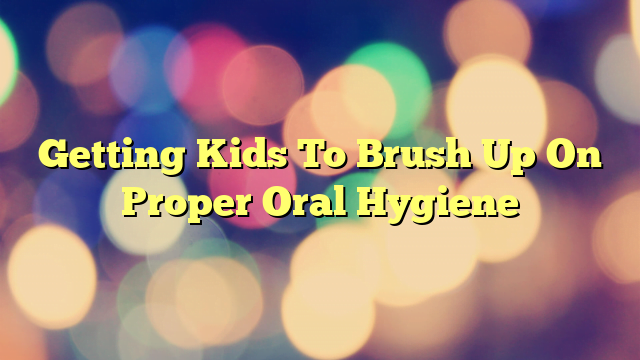Starting Your Baby’s Dental Hygiene Early
Starting Your Baby’s Dental Hygiene Early
First time parents are excited and always on the lookout for new developmental milestones that their babies achieve. One of these “moments” that has significant impact in babies’ health is when they start finally have their first tooth. It is one of those events that elicit glee from parents and everyone else. But there’s more to the first signs of teeth than meets the eye.
As it is, emerging milk teeth pave the way how permanent teeth will align in baby’s gums. Babies with very good dental hygiene avoid dental problems like tooth decay or gum disease. As they grow, these babies will have little problem chewing their food or in speech development. You would want nothing but the best for your baby, even when they seem too delicate to start with proper dental hygiene.
It is never too late to start your baby’s dental hygiene. The rising statistics on the prevalence of tooth decay in children which states that around five percent of them will have cavities when they reach nine months old and will rise to 15% by the time they blow their first birthday candles out! These alarming statistics should be a ground for parents like you!
What you must know is that oral health starts in the womb. Mothers must be conscious of their oral health during pregnancy as bacteria from dental infections can pass from the mother to the womb. Fetuses that are developing their bones are also having their teeth buds in their gums as well. Being exposed early to the bacteria increases their chances of having periodontal disease when they eventually have their teeth. Parents must also remember that milk intake matters. Calcium, an important component of any milk, can spell out the strength of baby’s teeth. This happens so even before the first teeth appears, even right to conception. So it’s important for pregnant moms to take in healthy amounts of milk and food that are good sources of calcium.
Once your baby’s first tooth or teeth appears, it’s time to establish a healthy dental care routine.
Babies as young as three months old may be introduced to cleaning their gums, inside cheeks and tongue cleaned. Doing so develops their comfort level at usual teeth cleaning and also their gag reflex. Cleaning the mouth after drinking their milk will allow the baby to get used to the routine, especially when they cut their first teeth. As the complete set crops up, flossing and cleaning the tongue should also be inserted in the routine.
It is important that such routines are done consistently. Once your baby gets used to having their gums and teeth clean, the whole regimen must be made fun and playful. At the same time, it should be conducted on specific hours or period of the baby’s day. Making it so will help develop the baby’s anticipation for such events, particularly if the routine is made fun. It would also help if you show your little one your adult routine of brushing, flossing and using a mouthwash. While it will be strange for them, it’s something they can pick up later. With your baby’s oral care routine and yours, try making up songs or rhymes that they will connect to the activity. It will make the activity something they look forward to.


